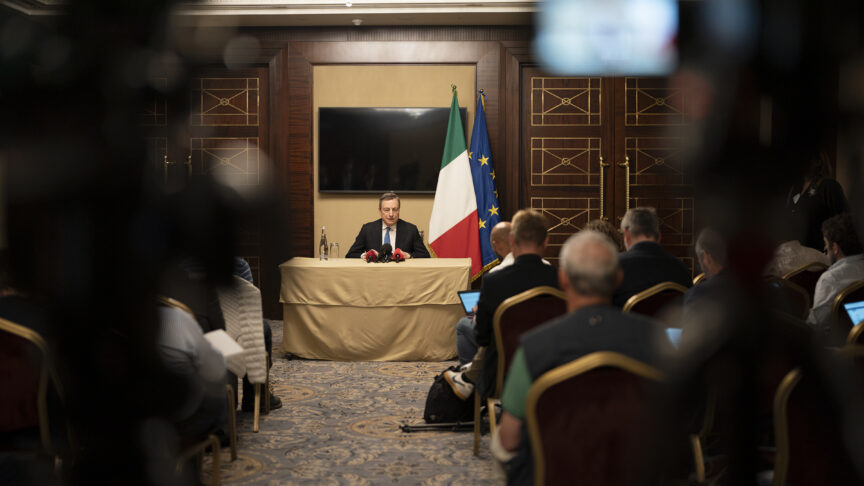
Whatever it breaks: Draghi’s downfall and the future of Italy
Draghi always knew that he could not depend on some members of his ruling coalition. Yet his legacy of leadership in the EU could survive his departure
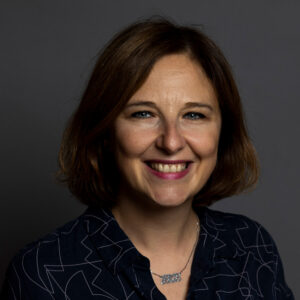
Deputy Head, Rome office
Policy Fellow
Italian and Polish foreign policy, European foreign policy, disinformation
Italian, Polish, English and basic French
Teresa Coratella is the deputy head of the Rome office at the European Council on Foreign Relations’ Rome office.
Coratella joined ECFR as an advocacy and communications officer in February 2011. Previously, she worked for the Warsaw-based Institute for Eastern Studies as programme assistant in charge of partnerships and development. She contributed to the organization of high level international conferences on foreign policy issues in several European capitals. She holds an MA in European Interdisciplinary Studies from the College of Europe, Natolin Campus, with a focus on the EU as a regional actor. She holds a BA in International Relations and wrote her final dissertation on Polish foreign policy between 1989 and 2004. Coratella is a member of WIIS(Women in International Security). She is a native speaker of Italian and Polish and speaks fluent English and basic French.

Draghi always knew that he could not depend on some members of his ruling coalition. Yet his legacy of leadership in the EU could survive his departure
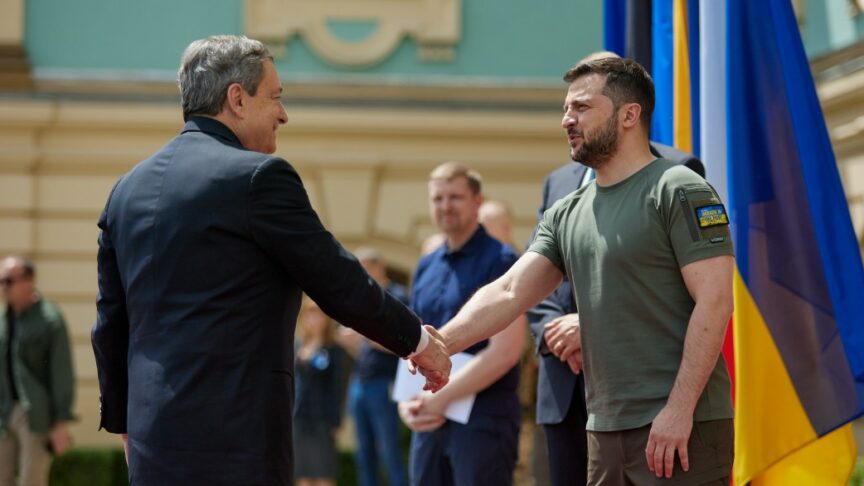
Draghi’s approach to Italian and EU policy on Russia is at odds with the public mood in Italy. He will need to act quickly if he is to convince voters at home to support his foreign policy choices

Russia’s war on Ukraine has prompted urgent changes in Italian foreign policy. Rome’s efforts to distance itself from Moscow are creating major challenges at home
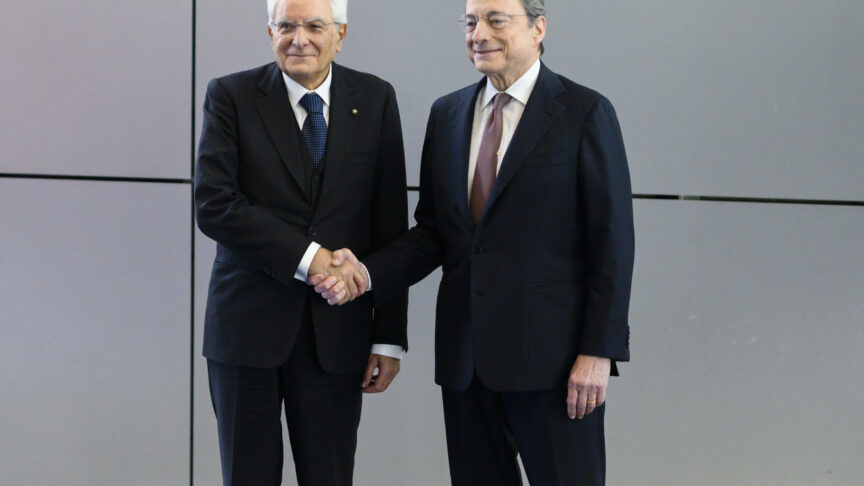
With Mario Draghi staying on as prime minister, Italy has an opportunity to help lead an economic and political recovery from the pandemic that secures Europe’s future
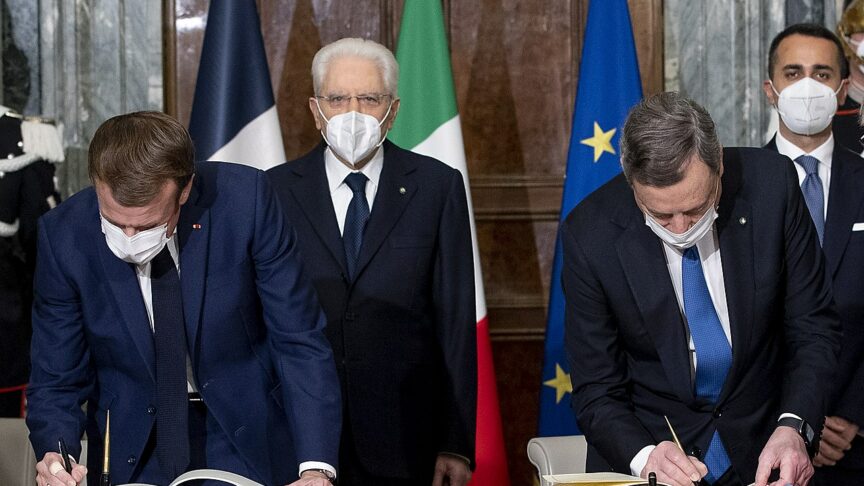
More structured dialogue between France and Italy could prove useful to both countries – and to the wider European project
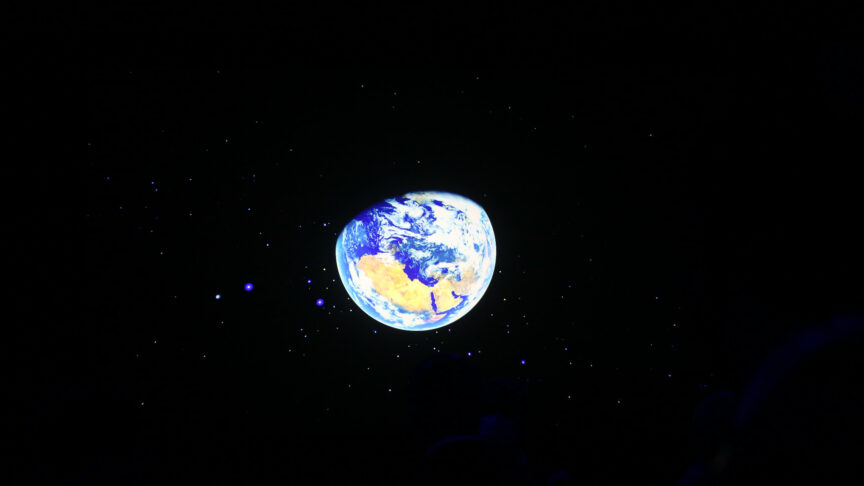
COP26 concluded on 13 November with the Glasgow Climate Pact, an agreement that sets out the next phase of the fight against climate change. The pact may have disappointed many, but views of it vary a great deal depending on where you sit. Below, experts from three of ECFR’s offices – in Rome, Paris, and Berlin – discuss the implications of the deal
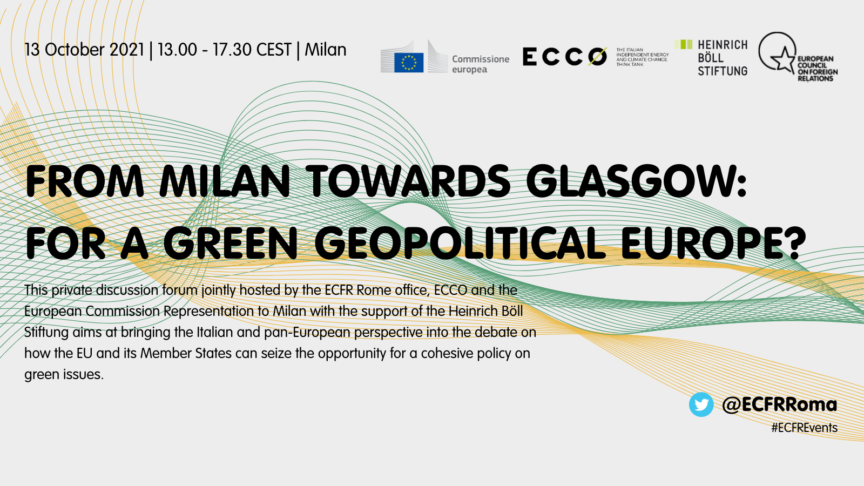
How can the EU and its member states seize the opportunity for a cohesive policy on green issues?
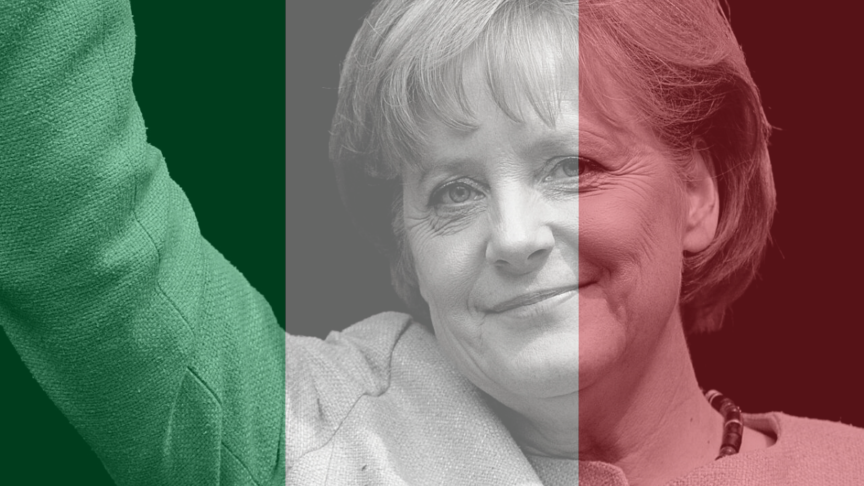
Italian Prime Minister Mario Draghi has an opportunity to build a relationship with the next German chancellor that is free from party political rivalries. In doing so, he should focus on four main issues at the heart of the German-Italian relationship
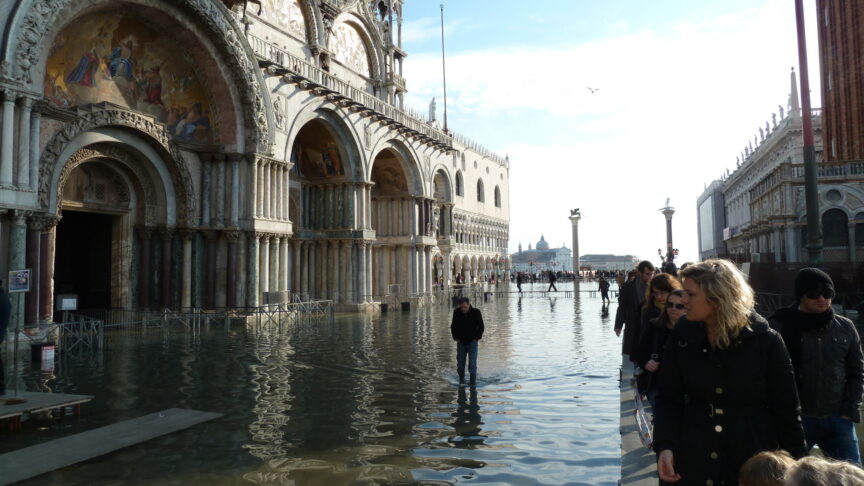
Italy should use its G20 presidency and COP26 co-presidency to help the EU become a major player in green geopolitics and a mediator between competing great powers
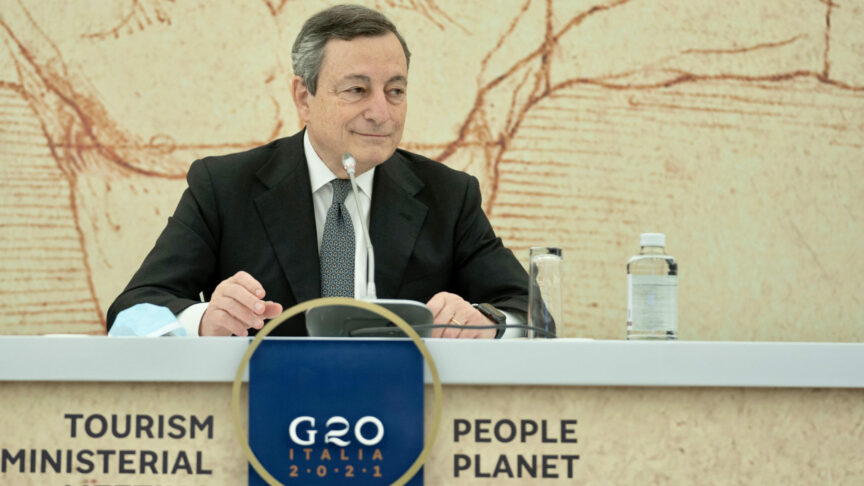
Italy has an opportunity to position itself closer to the Franco-German engine and to help construct a multilateral system in which the EU and the US are equal partners
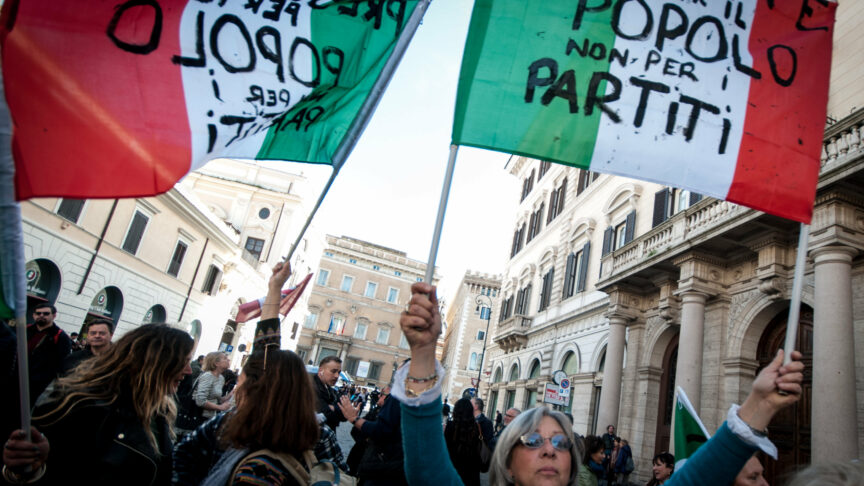
Italy’s politics and social media remain vulnerable to Russian influence. But opportunities exist to strengthen itself for the future

Italy has an opportunity to position itself closer to the Franco-German engine and to help construct a multilateral system in which the EU and the US are equal partners
A new survey shows that, after the onset of the covid-19 crisis, there has been a rise in public support for unified EU action to tackle global threats
The results of the European election confront EU leaders with a considerable challenge: navigating a new, more fragmented, and polarised political environment
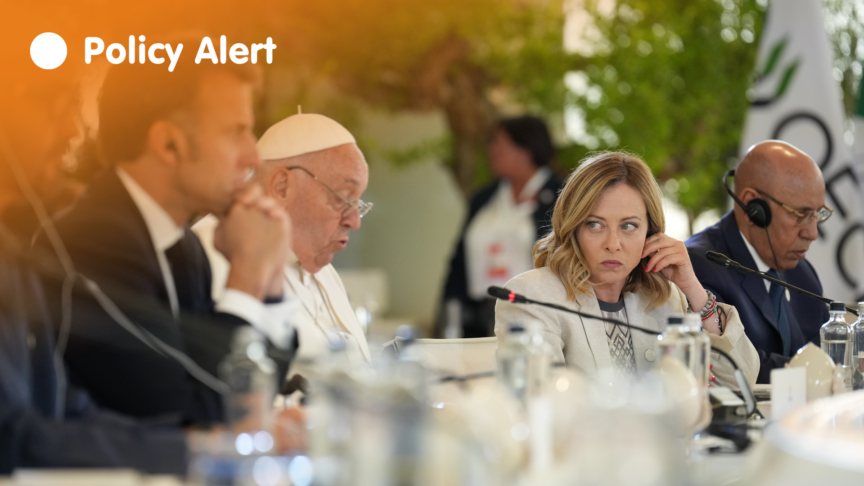
The G7 summit in Italy was overshadowed by domestic and European politics. But the rest of the Italian presidency and its Canadian successor can build on this summit’s hits and address some of its misses
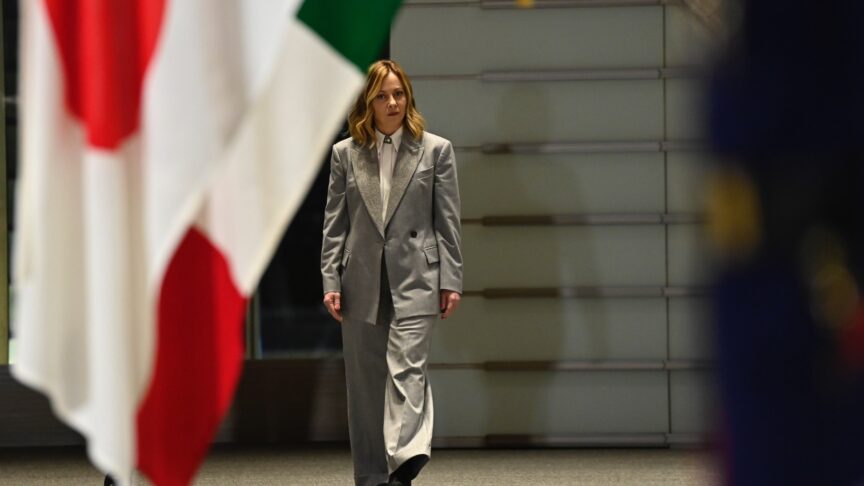
Italian prime minister Giorgia Meloni has repeatedly surprised her European counterparts with her alignment with the Western community. But as Italy begins its G7 presidency, she faces the daunting task of maintaining this unity amid rising tensions and challenges
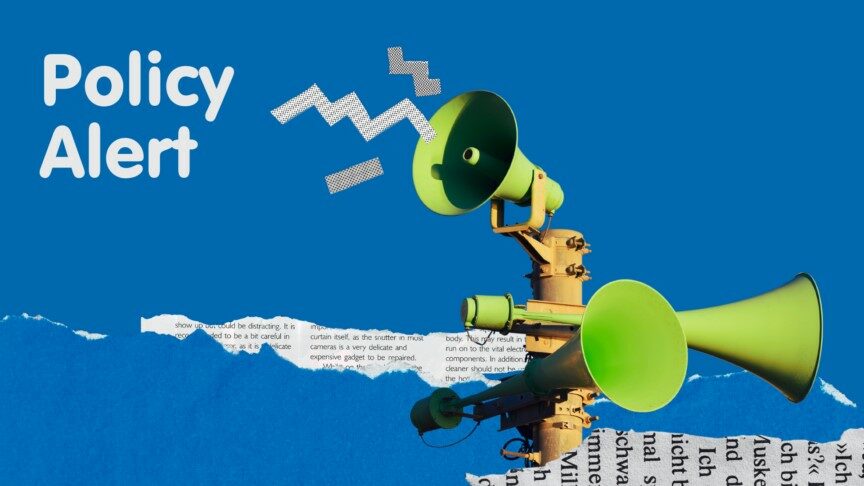
Italy’s membership of the BRI risks harming its relations with G7 partners. It is time for it to carefully disentangle itself from the initiative
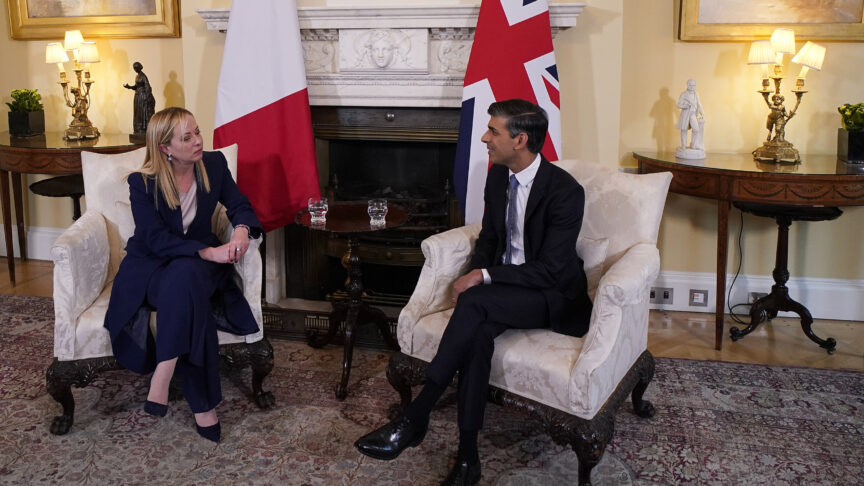
Italian efforts to formally enhance bilateral relations with other European states have largely faltered. This time may be different
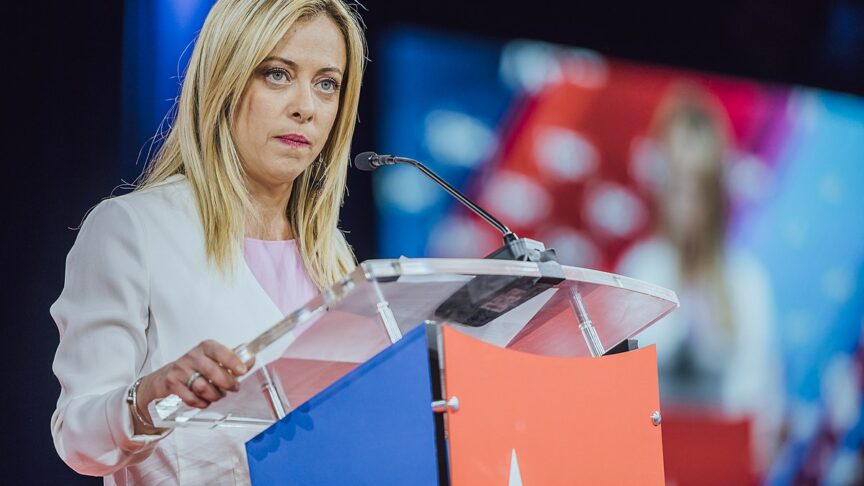
The Meloni government has largely adopted a ‘Russia-pragmatic’ approach to its EU and Ukraine policies. But pressure over migration within the coalition could harm relations with other European states

Draghi always knew that he could not depend on some members of his ruling coalition. Yet his legacy of leadership in the EU could survive his departure

Draghi’s approach to Italian and EU policy on Russia is at odds with the public mood in Italy. He will need to act quickly if he is to convince voters at home to support his foreign policy choices

Russia’s war on Ukraine has prompted urgent changes in Italian foreign policy. Rome’s efforts to distance itself from Moscow are creating major challenges at home

With Mario Draghi staying on as prime minister, Italy has an opportunity to help lead an economic and political recovery from the pandemic that secures Europe’s future

More structured dialogue between France and Italy could prove useful to both countries – and to the wider European project
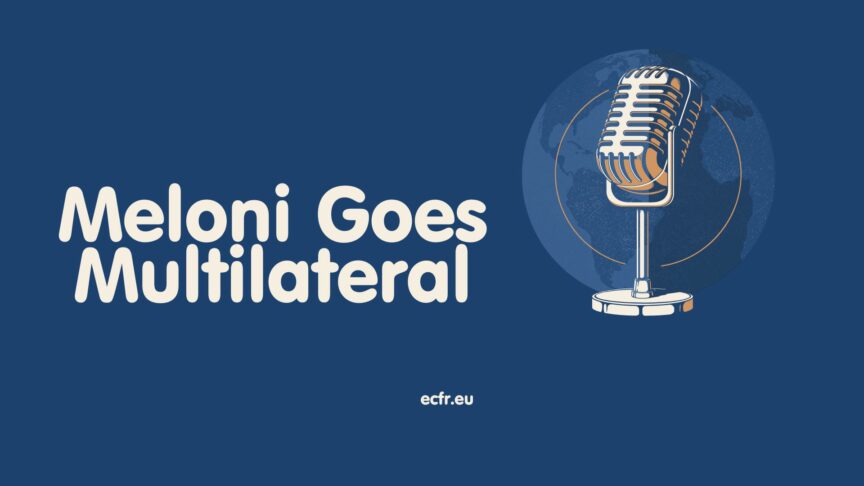
In the first big multilateral test for prime minister Giorgia Meloni, this mini-series will explore the four main priorities of Italy’s 2024 G7 presidency: Ukraine, AI, infrastructure, and Africa

In the first big multilateral test for prime minister Giorgia Meloni, this mini-series will explore the four main priorities of Italy’s 2024 G7 presidency: Ukraine, AI, infrastructure, and Africa

In the first big multilateral test for prime minister Giorgia Meloni, this mini-series will explore the four main priorities of Italy’s 2024 G7 presidency: Ukraine, AI, infrastructure, and Africa

In the first big multilateral test for prime minister Giorgia Meloni, this mini-series will explore the four main priorities of Italy’s 2024 G7 presidency: Ukraine, AI, infrastructure, and Africa
Mark Leonard is meeting his ECFR colleagues, Tara Varma, Piotr Buras and Teresa Coratello in Berlin to go through the newly selected EU Commission. What…
In this new episode of our summer series, ECFR's director Mark Leonard and Policy Fellow Anthony Dworkin talk with Martin Wolf about the economic origins…

How can the EU and its member states seize the opportunity for a cohesive policy on green issues?